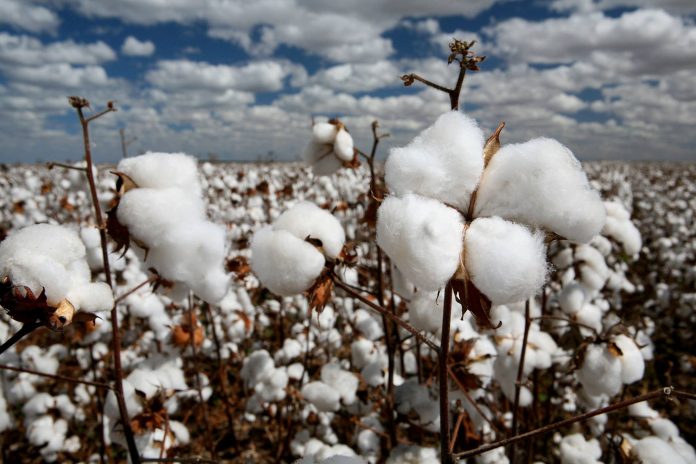The Responsible Sourcing Network released the YESS: Yarn Ethically & Sustainably Sourced Standard and
YESS Workbook. These foundational documents establish an industry-wide approach
to identify and address forced labor in cotton sourcing.
The YESS Standard is a specific, practical framework that assess the operations
and sourcing procedures of cotton yarn spinning mills. It is a guide for spinners to avoid purchasing cotton that has a
high production risk of forced labor. The YESS Standard applies the widely-
supported Organization for Economic Co-operation and Development’s Due Diligence Guidance for Responsible Supply Chains in the
Garment and Footwear Sector.
“After years of engaging brands on the issue of forced labor in the cotton
sector, it was clear to me that a robust industry-wide initiative was needed to
identify and address the harm of forced labor in the upstream cotton supply
chain,” Patricia Jurewicz, vice president of the Responsible Sourcing Network
and motivating force behind the YESS initiative, said. “Not only has there been
huge success with a similar approach for conflict minerals, but companies are
now being required by law to address forced labor in their supply chains.”
Despite recent improvements and increased support for sustainable cotton
initiatives, cotton produced with forced labor still makes its way through global supply chains into
clothing sold by major brands and retailers, said the group. YESS will verify
if spinning mills are improving or avoiding purchasing cotton produced with
forced labor. YESS will give brands, consumers, and regulators assurance that proper action was taken to keep modern slavery out of their
cotton products.
Thus far, 77 supporters have signed a YESS statement expressing their commitment toward ethical and
sustainable cotton and yarn sourcing, confirming their support of the
development and implementation of the YESS initiative, and encouraging their
peers to join them. Supporters include: adidas, BJ’s Wholesale Club, Hudson’s
Bay, HUGO BOSS, Tesco, and others.
Jurewicz and Liz Muller, lead author of the YESS Standard and YESS Workbook,
developed the documents with input from brands, spinning mills, industry
associations, and labor experts. They visited 16 spinning mills, piloted five
trainings, and addressed more than 200 comments from a public consultation
process.
“After two years working with Responsible Sourcing Network to research, train
spinners and brands, and conduct YESS feasibility assessments, I am more
convinced than ever that spinners can conform with the YESS Standard and
contribute to reducing and eventually eliminating cotton produced with forced
labor from entering the global supply chain,” Muller said.
67
F
Phoenix
Thursday, May 2, 2024








